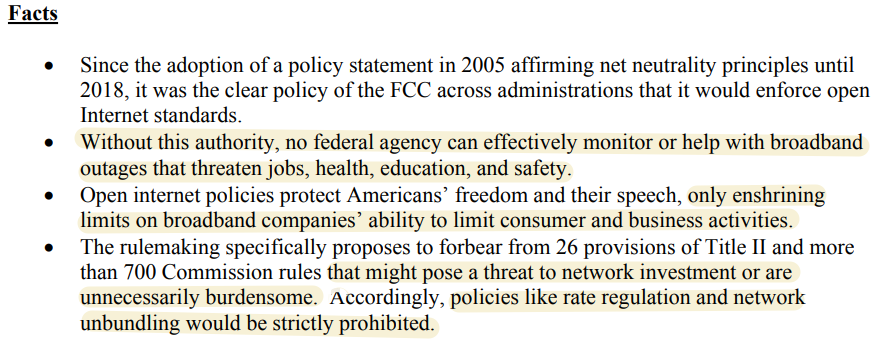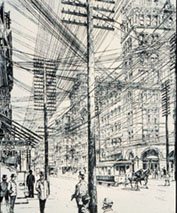https://arstechnica.com/tech-policy...exemptions-in-update-to-net-neutrality-rules/Zero rate billing has nothing to do with net neutrality. as long as the traffic is treated equally, thats all that matters.
European telecom regulator BEREC has updated its net neutrality guidelines to include a strict ban on zero-rating practices that exempt specific apps or categories of apps from data caps imposed by Internet service providers.
I am not sure how you can say that treating data billing according to the type of data as nothing to do with net neutrality (which is an ideal of not treating any data differently by its nature)
California net neutrality also ban zero rate billing:
https://arstechnica.com/tech-policy...-stop-fighting-california-net-neutrality-law/
California's law also bans paid data cap exemptions (so-called "zero-rating") and says that ISPs may not attempt to evade net neutrality protections by slowing down traffic at network interconnection points.
It is hard to have a biggest difference in data treatment than free vs non-free outside not accessible at all vs accessible. If doing iFace video call, Apple picture cloud and Apple Music does not count in your dataplan but competitor would, that a big deal.
Last edited:
![[H]ard|Forum](/styles/hardforum/xenforo/logo_dark.png)




